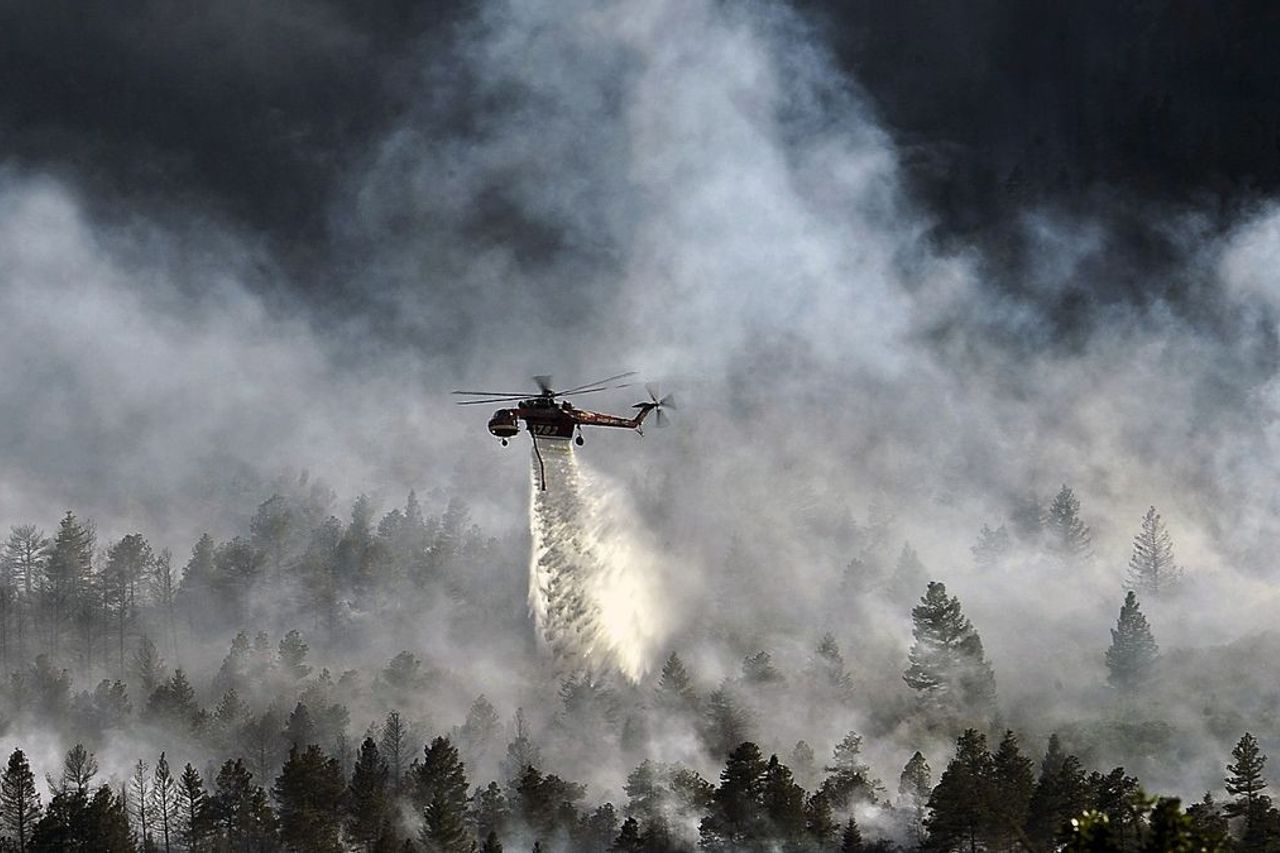KLHK Ensures That The Omnibus Law Bill Will Continue To Pay Attention To Environmental Aspects

JAKARTA - The Presidential Letter (Surpres) and the draft Omnibus Law on the Job Creation Bill have been officially submitted to the DPR. This bill does not only affect workers, but also environmental issues.
One of the concerns is the elimination of regulations on environmental impact analysis (Amdal). Minister of Environment and Forestry (LHK) Siti Nurbaya Bakar dismissed the issue of eliminating environmental regulations in the Omnibus Law of the Job Creation Bill.
According to him, basically, this bill still puts forward the strength to preserve the environment. In fact, that environmental standard has an executable power that must be implemented.
"Environmental standards have the power to enforce, the power for us to question. And that will be stipulated in a government regulation. So it is not true to say that the amdals were removed and so on, it is not true. Amdal is permanent," said Siti, when met at the DPR Building, Parliament Complex, Senayan, Jakarta, Wednesday, February 12.
In this bill, said Siti, KLHK regulates two things, namely environmental aspects and land acquisition. Both of them will still pay attention to environmental aspects.
"The only difference is that the environmental requirements are not imposed on the private sector, but are used as a standard (from the government). It is not imposed on the private sector at the beginning. But it becomes a standard. When it becomes a standard and is not met, it (the private sector) is also subject to it," he explained.
As is known, the draft Omnibus Law on the Job Creation Bill consists of 79 bills, 15 chapters, and 174 articles which are planned to be discussed in the DPR. Later, the discussion will involve seven commissions.
Regarding land acquisition, if the current provisions stipulate the minimum area in the form of numbers, then in the omnibus law it is determined based on natural biogeophysical criteria. So, said Siti, it is hoped that all provinces can develop together.
"So, in the past, the figure must be what percentage, now it is in the form of a proportional percentage according to its natural biogeophysical form. But the principle becomes simpler, makes it easier for development but still maintains the environment. Later, the details are disseminated," he said.
Previously, the issue of eliminating the IMB-Amdal in the Work Creation Bill was the concern of environmental activists. Several legal provisions that are considered problematic in the bill, including the issue of the ease with which mining companies continue and expand mining areas. This bill is considered to have the potential to loosen environmental permits and amdal.
Coordinator of the Mining Advocacy Network (Jatam), Merah Johansyah, stated that the broom-sweep regulation, which makes it easy for mining companies, actually threatens the lives of the people and the environment around the mining site.
Merah said that the concession given to mining companies posed a threat to the people, including the environment around the concession area.
In addition, said Merah, there would be large-scale evictions of the people living around the mining area. According to him, this is a consequence of the provision that there is no limitation on the size of the area for companies carrying out downstream activities.
Indigenous peoples are also threatened when this bill comes into effect. Merah said that many indigenous people live near the mining area.
The government continues to take firm action against environmental destroyers
The Ministry of Environment and Forestry (KLHK) emphasized that the revision of the Law on Environmental Protection and Management (PPLH) in the Work Creation Bill, remains in the spirit of taking firm action against environmental destroyers. This has become a public record as a form of absolute responsibility in upholding environmental law.
"In the Omnibus Law Bill, environmental law enforcement is still being carried out and perpetrators of environmental crimes are still being punished. Enforcement of the criminal law can still ensnare forest burners, polluters and environmental destroyers, because the criminal articles are maintained," said Secretary General of KLHK, Bambang Hendroyono in his statement.
In this bill, any person or business entity proven to have caused environmental damage or environmental pollution can be charged with criminal sanctions. In this case the ultimum remedium principle is applied.
For technical violations requiring corrective action, law enforcement is still carried out with administrative sanctions imposed by the government. Successive suspension and revocation of licenses and subsequent fines.
Meanwhile, for illegal acts related to activities producing B3 waste, using B3 or activities that have a large impact and high risk, absolute responsibility is still applied.
As for the sentence in the bill which reads "... without the need to prove the element of error" will not eliminate the meaning of absolute responsibility, where the element of error does not need to be proven.
"So that actions against the law related to B3, B3 or other high-risk waste that result in pollution and environmental damage can still be held accountable for paying environmental compensation without needing to prove the element of error," said Bambang.
